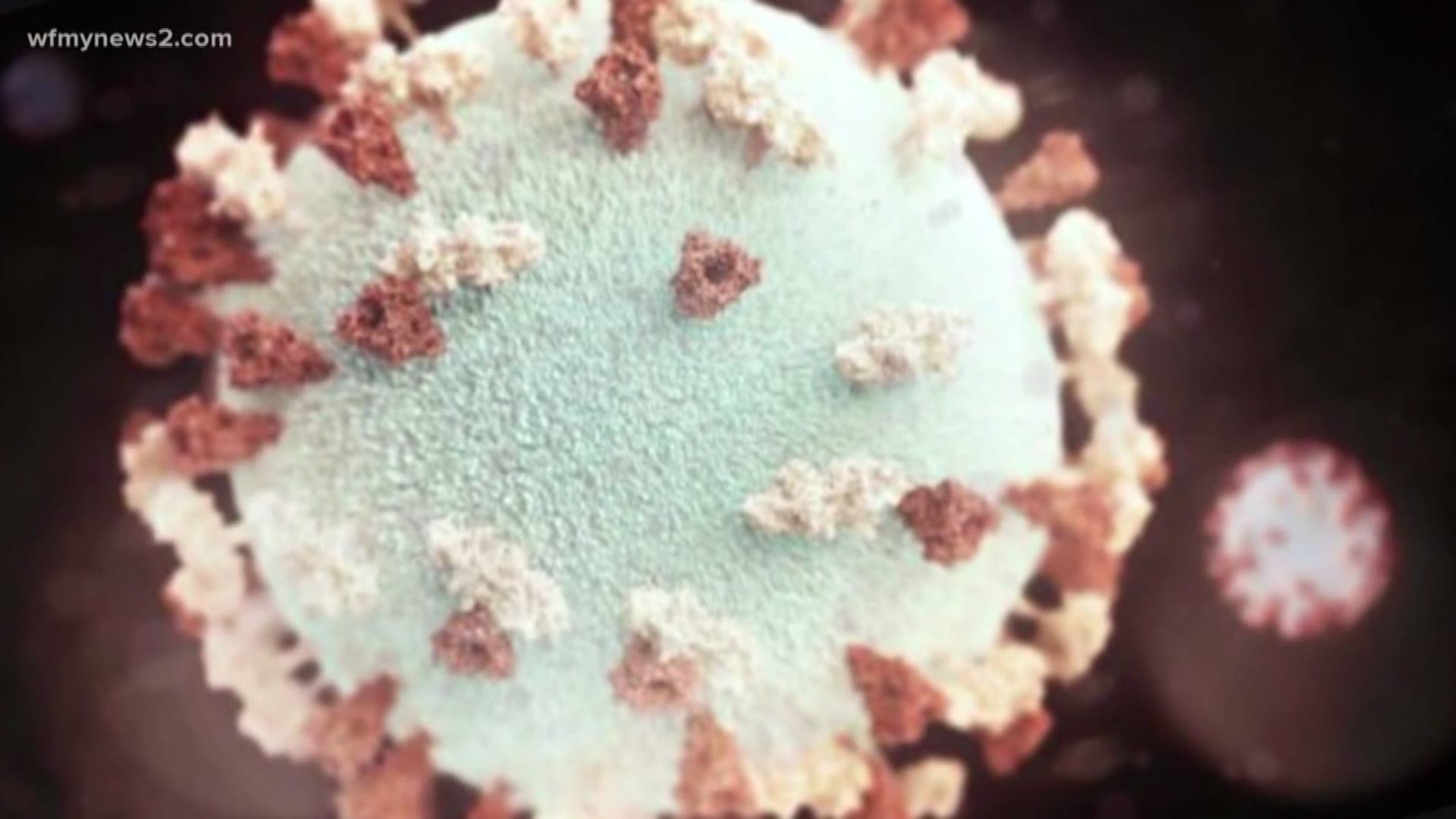HIGH POINT, N.C. — Editor's note: The attached video is from March 2019.
UPDATE OCTOBER 5, 5:12PM:
A High Point University (HPU) spokeswoman now says eight students have confirmed cases of the mumps. That's up from the original report of four on September 19.
"This is unfortunately something schools in our area are experiencing. The university continues to follow protocol to ensure the students impacted receive appropriate care and have been provided with alternative housing, a best practice based on guidance from health officials," the university wrote in an email to the students, parents and staff.
The campus team has also increased how often they will clean common areas to help prevent future spread of the mumps.
ORIGINAL STORY SEPTEMBER 19:
High Point University has confirmed 4 of 5 cases of students contracting mumps on campus. HPU shared the updated on the confirmed cases on Tuesday.
Last week, HPU said the on-campus health clinic identified five possible cases of the virus, and notified the health department. The university sent emails to faculty and students about the cases.
HPU says the five students affected have been provided alternate housing. The school is working with the health department to identify anyone who may have been in contact with them.
The school is asking anyone experiencing swelling of the glands around the ears or neck, please contact the High Point University Student Health Center immediately at (336) 841-4683.
More information:
What causes mumps?
Mumps is a virus that is spread by coughing and sneezing, or with direct contact with the saliva of the infected person. The virus can grow in the nose, throat and lymph nodes.
What are the symptoms?
Fever, headache, muscle aches, tiredness and loss of appetite. Swelling in the cheeks where the saliva glands are located, is also possible.
How is it prevented?
Cover your mouth and nose when you sneeze or cough. Don't share water bottles or objects that may have saliva on them, and wash your hands often.

